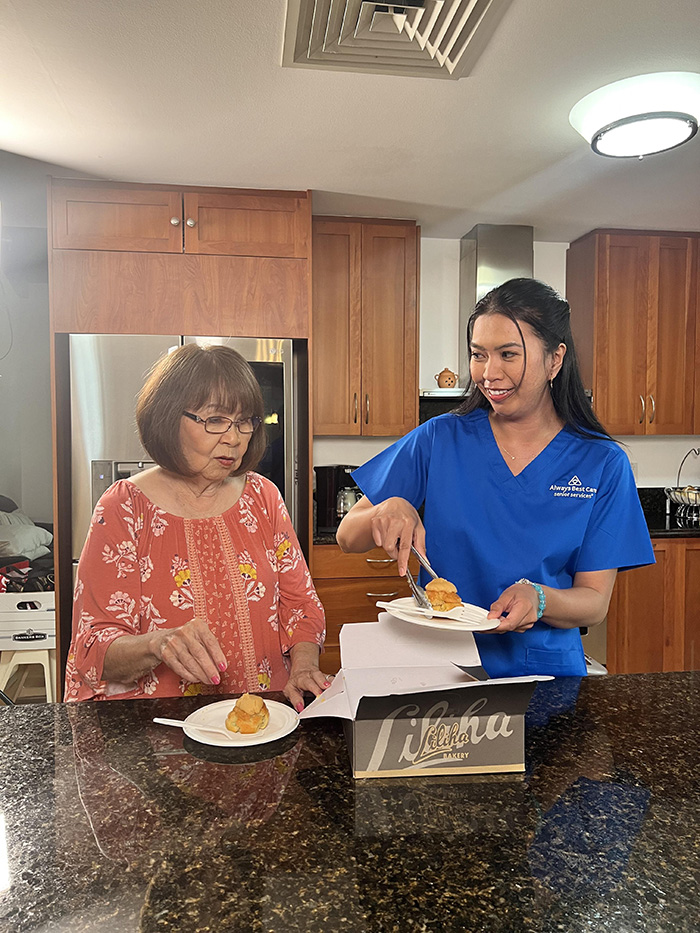Protecting Your Eyes Against Vision Loss

Your vision changes throughout your life, especially as you get older. Many seniors notice that they don’t see as well as they used to – they may be more sensitive to light or have trouble reading things up close. But there are other conditions that can be more detrimental to your sight and interfere with your quality of life, including:
- Cataracts
- Glaucoma
- Age-Related Macular Degeneration (ARMD)
- Diabetic Retinopathy
While vision loss is not 100% preventable, there are steps you can take to reduce your risk.
Get regular eye exams. An optometrist or ophthalmologist can not only check your vision, but also identify signs of problems such as cataracts or glaucoma. They can look for any damage or disease as well that which could impact your eye health. Recognizing problems early on can enable you to start treatment to slow the progression or correct issues.
Eat your vegetables. Many people know that carrots and other orange produce support eye health, but so do dark leafy greens like kale and spinach. Incorporate foods rich in omega-3 fatty acids like salmon, sardines, and walnuts as well.
Maintain a healthy weight. Did you know that obesity may increase your risk of developing cataracts? It can also lead to type 2 diabetes which can cause diabetic retinopathy. Eat a well-balanced diet and aim for at least 150 minutes of moderate exercise per week.
Keep blood pressure in check. You have blood vessels throughout your entire body. High blood pressure doesn’t just affect your heart, but it can damage the blood vessels in your eyes too. Incorporate lifestyle and diet changes to help manage blood pressure, as well as medication if necessary.
Wear sunglasses. When going outside, slip on a pair of sunglasses with UVA/UVB protection. Ideally you want something that blocks out 99%-100% of ultraviolet rays. Getting sunglasses that wrap around the sides of your face can be even more beneficial and provide a higher level of protection.
Managing Vision Loss
There are many ways to cope with varying levels of vision loss. In early stages, glasses, contacts, or magnified readers may be enough to address problems. They can bring objects into greater focus and allow you to continue reading, driving, and doing other activities you enjoy.
Some other changes you can incorporate include:
- Creating greater contrast between objects. For instance, a white plate on a black placemat, or light-colored tape on the edge of dark wood stairs.
- Motion-sensor lights that automatically come on when you enter a room.
- Improved lighting throughout your house to make it brighter and easier to see.
- Large print for books, electronics, clocks, and other devices.
- Using assistive devices such as screen readers.
Working with an in-home caregiver in Honolulu HI can also help you feel safer and more confident as you age in place while dealing with vision loss. A caregiver can assist you with a wide range of activities around your home and accompany you on outings in the community so that vision problems pose less of a challenge.
Contact Always Best Care to schedule a free consultation and find out how you can benefit from personalized in-home care services as you age.





